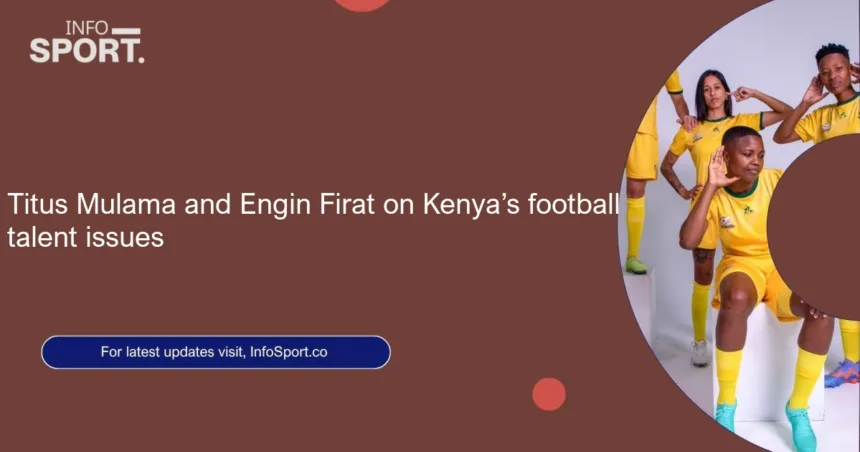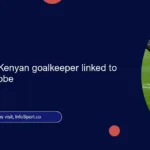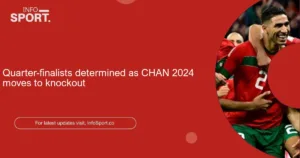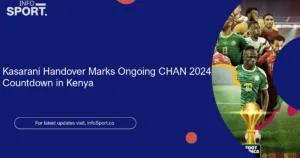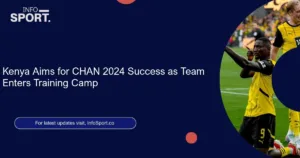Ex-Harambee Stars Midfielder Titus Mulama Agrees with Engin Firat on Why Kenya Rarely Produces Elite Football Talents
Kenya’s footballing challenges are under scrutiny, with ex-Harambee Stars midfielder Titus Mulama echoing national team coach Engin Firat’s concerns about the country’s failure to develop elite football talents. Both advocates are urging for systemic reforms in talent development to unlock the potential of young players.
The Core Challenge: Lack of Development Structures
Mulama highlights a glaring systemic failure in Kenya’s youth football structures. “Here in Kenya, we don’t have good youth structures,” he told Citizen Digital, emphasizing the need for frameworks to track and groom players from a young age. He argues that without these support systems, coaches can’t properly assess when players are ready to make the jump to competitive, senior-level football.
Furthermore, Mulama notes that the infrequent competitions and lack of specialized training leave many young athletes unprepared for the rigors of professional play. This results in a situation where promising talents stagnate, as clubs tend to lean on older, more experienced players.
Scouting Systems Must Evolve
Echoing Mulama, Coach Firat condemned the ineffective scouting systems in Kenya. “{Another Lionel) Messi can be born here in Kenya and nobody will find him,” he stated, stressing that luck shouldn’t dictate talent discovery. The lack of proactive scouting prevents the identification and nurturing of potential talents before they age out of youth programs.
Former Harambee Stars coach Jacob “Ghost” Mulee also weighs in, pointing out that the deficiencies in football education obstruct players’ growth. Establishing robust youth tournaments and coaching programs could offer Kenyan footballers essential foundational skills and a competitive edge.
A Call for Systemic Reforms
Addressing these issues requires immediate action. First, implementing dedicated scouting initiatives can ensure that young talents are identified early. Next, establishing comprehensive youth training programs alongside competitive leagues could equip players with vital experience. Finally, fostering a culture of continuous improvement will help in refining the skills of emerging talents.
The future of Kenyan football lies in evolving these structures. Without reform, the dreams of countless aspiring footballers may remain unfulfilled. Engaging stakeholders in devising actionable solutions is critical to ensuring that Kenya does not miss out on its next footballing superstar.
By leveraging the collective insights of industry experts, Kenya can transform its football landscape and finally unlock the immense talent that lies within. Let’s rally for change and give our young athletes the chance they deserve.


